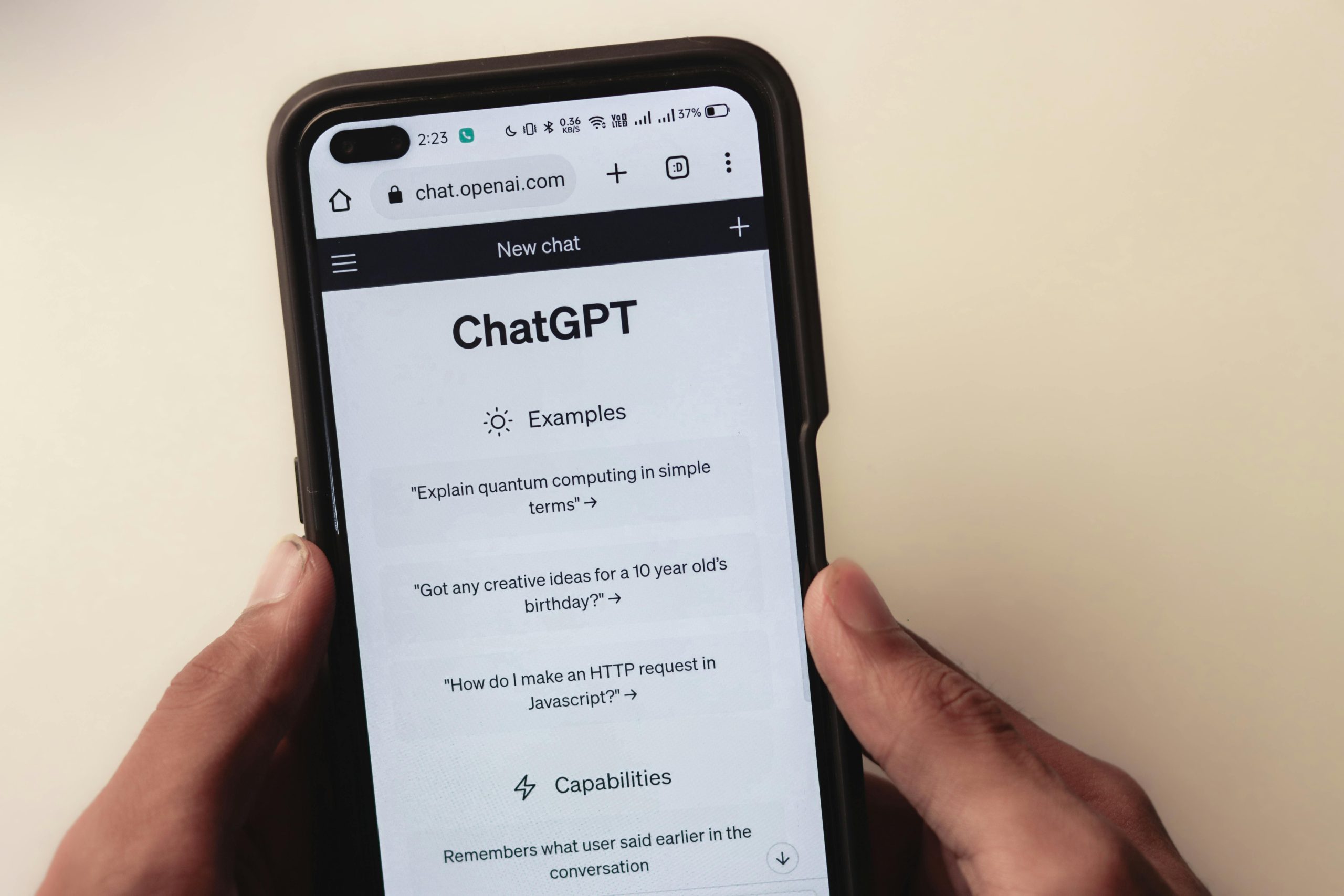Optimizing Your Content for AI-Powered Search Engines: Insights from Search Engine Land
As artificial intelligence continues to revolutionize the way we access information, content creators and digital marketers must adapt their strategies to ensure their material is discoverable by emerging AI-driven search engines like ChatGPT, Google Gemini, Meta’s LLaMa, Microsoft’s Claude, and others. These advanced models are transforming the landscape of online information retrieval by extracting answers dynamically from live web documents. Understanding how these AI systems operate is crucial to positioning your content for inclusion in their responses.
The Rise of AI-Driven Search and Its Impact
Traditional search engines relied heavily on indexing static web pages, ranking them based on algorithms that consider relevance, authority, and user engagement. Today, AI models like ChatGPT and Google Gemini go beyond simple indexing—they actively pull information from live sources to generate comprehensive, nuanced answers. This shift presents both opportunities and challenges for content publishers aiming to be part of these AI responses.
How Do AI Models Source Their Information?
These AI systems access live web data through a combination of techniques, including web crawling, APIs, and proprietary data retrieval mechanisms. When a user submits a query, the AI may:
- Search the internet for relevant, up-to-date information
- Consume content directly from web pages, PDFs, and structured data sources
- Utilize proprietary knowledge bases and APIs to supplement real-time data
The models then synthesize this information to produce coherent, contextually appropriate answers.
Strategies to Optimize Content for AI-Based Search Engines
To ensure your content is featured prominently in AI-generated responses, consider the following best practices:
- Ensure Content is Easily Accessible and Structured
Use clear headers, bullet points, and structured data schemas (like Schema.org markup) to help AI models understand the context and relevance of your content. Structured data facilitates easier extraction by AI systems.
- Maintain High-Quality, Accurate Content
Trustworthy and well-researched content increases the likelihood of being featured in authoritative AI responses. Regularly update your content to reflect the latest information.
- Implement SEO Fundamentals with an AI Perspective
While traditional SEO still matters, focus also on natural language keywords and conversational phrases that AI models are likely to recognize and incorporate into their answers.
- Leverage Authoritative and Credible Sources
Links from and to reputable sites signal trustworthiness to AI systems, improving the chances of your content being used as a source.
- **Prior

